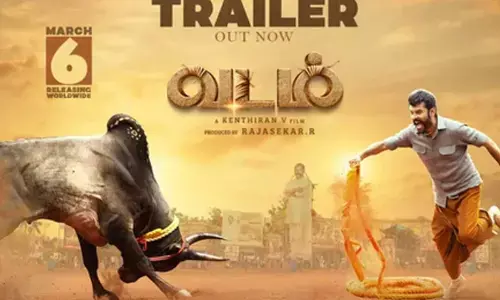Cow is holy pray dont kill

In Hinduism, the cow is revered as the source of food and symbol of life and may never be killed. However, many non-Hindus interpret these beliefs to mean that Hindus worship cows. This is not true. It is more accurate to say the cow is taboo in the Hindu religion, rather than sacred. This is just one example of the misunderstandings people have about the Hindu faith.
In Hinduism, the cow is revered as the source of food and symbol of life and may never be killed. However, many non-Hindus interpret these beliefs to mean that Hindus worship cows. This is not true. It is more accurate to say the cow is taboo in the Hindu religion, rather than sacred. This is just one example of the misunderstandings people have about the Hindu faith.
Furthermore, cows do not have an especially charmed life in India. Sometimes people around the world see images of India in print or on television, or they travel there, and see cows in public places, unfenced and unrestrained. From such scenes, they conclude that Indians consider cows gods, but this is a false idea and below you will find clarification on this subject.
In ancient India, oxen and bulls were sacrificed to the gods and their meat was eaten. But even then the slaughter of milk-producing cows was prohibited. Verses of the Rigveda refer to the cow as Devi (goddess), identified with Aditi (mother of the gods) herself.
Even when meat-eating was permitted, the ancient Vedic scriptures encouraged vegetarianism. One scripture says, "There is no sin in eating meat... but abstention brings great rewards." (The Laws of Man, V/56). (Go here to learn about The Vedas.)
Later, in the spiritually fertile period that produced Jainism and Buddhism, Hindus stopped eating beef. This was mostly like for practical reasons as well as spiritual. It was expensive to slaughter an animal for religious rituals or for a guest, and the cow provided an abundance of important products, including milk, browned butter for lamps, and fuel from dried dung.
Some scholars believe the tradition came to Hinduism through the influence of strictly vegetarian Jainism. But the cow continued to be especially revered and protected among the animals of India.
By the early centuries AD, the cow was designated as the appropriate gift to the brahmans (high-caste priests) and it was soon said that to kill a cow is equal to killing a brahman. The importance of the pastoral element in the Krishna stories, particularly from the 10th century onward, further reinforced the sanctity of the cow.
The cow remains a protected animal in Hinduism today and Hindus do not eat beef. Most rural Indian families have at least one dairy cow, a gentle spirit who is often treated as a member of the family.
The five products (pancagavya) of the cow — milk, curds, ghee butter, urine and dung — are all used in puja (worship) as well as in rites of extreme penance. The milk of the family cow nourishes children as they grow up, and cow dung (gobar) is a major source of energy for households throughout India. Cow dung is sometimes among the materials used for a tilak - a ritual mark on the forehead. Most Indians do not share the western revulsion at cow excrement, but instead consider it an earthy and useful natural product.
Despite their sacred status, cows don't seem very appreciated in India. Visitors are often surprised to see them walking neglected around city streets, living on garbage from the gutters. But the cow is honored at least once a year, on Gopastami. On this "Cow Holiday," cows are washed and decorated in the temple and given offerings in the hope that her gifts of life will continue.









